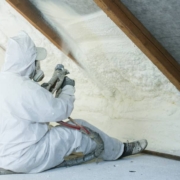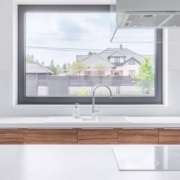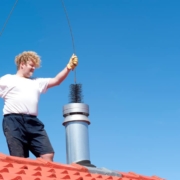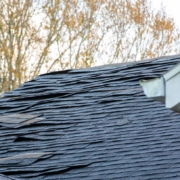How Often Should You Test For Radon
Buying or selling a home can be stressful. There are a lot of projects to complete and checklists to verify. The stressors are the same when renovating a home or a room within the home. Making sure that all inspections that are necessary get completed are the most stressful. You are relying on various professionals to conduct these inspections in a timely manner. Luckily, most of the required inspections around a renovation or a home sale can be completed by your local home inspection team. One of those inspections is a radon mitigation study or radon inspection. How often should you test for radon? Radon is odorless and tasteless and should be tested every two years.
Let’s take a look below at more details regarding how often you should test for radon and what area for radon.
What Is Radon
Radon is a rather unsuspecting gas. When it is at a high point in our homes, we inhale and exhale the radon gas, however, the particles of radon stay in our lungs. Anytime you get foreign particles trapped in your lungs, those particles cause damage to your lung cells and often times have a correlation to cancer. Radon gas is very similar to carbon monoxide as it is odorless, tasteless, and your symptoms often do not arise when exposed.
How Often Should I Test
According to the Environmental Protection Agency (EPA), you should test your home every 2 years for radon. However, this could change depending on a variety of factors. First, check the citizen’s guide to radon, so that you can become more familiar with the do’s and don’t’s prior to buying or selling a home.
Let’s take a look at the factors that are most prevalent when it comes to radon testing.
- Testing has been done past the two years recommended time.
- Your previous radon testing checklist did not check all of the boxes
- You have renovated your basement or lower level in your home, into a liveable space.
- Your buyer is planning to use that basement space as a workspace or living space.
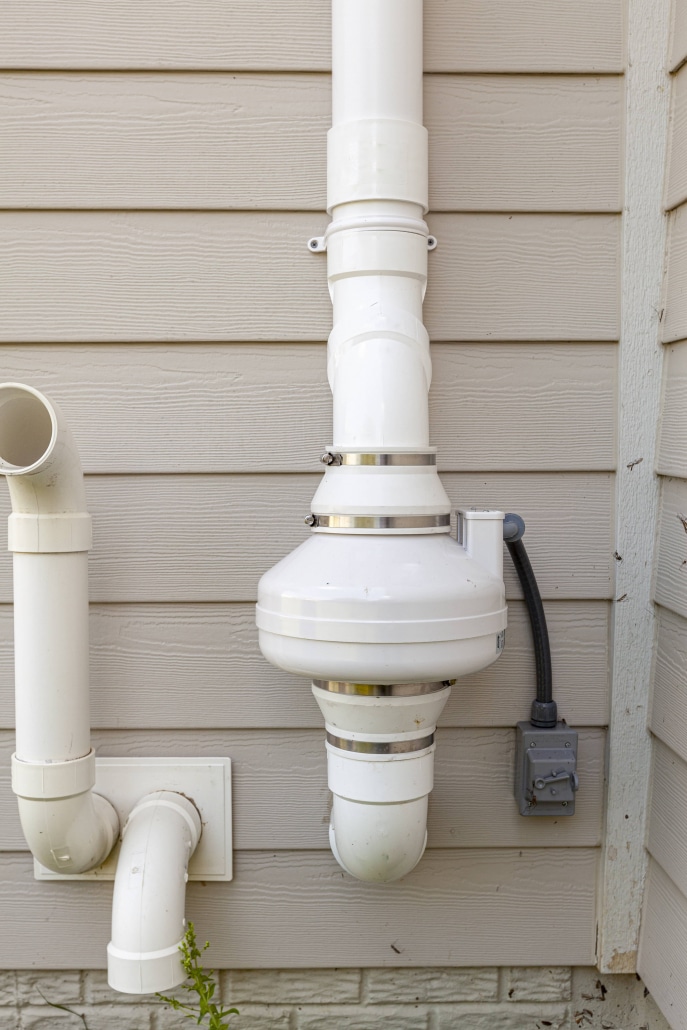
What Does Radon Testing Look Like
There is short-term, long-term, and continuous testing that you can do at home. However, using a professional service is always recommended.
Short-Term Radon Testing
These are done to see if further testing is needed. Many of these tests are activated charcoal-based or electric ions. In addition, they will measure the levels for 2 to 7 days and then you mail the tests to a lab. You can find these in hardware stores and online retailers. You can learn more about our short-term testing in Minnesota, here.
Long-Term Radon Tests
In addition to the short-term tests, there are also long-term radon tests. Long-term measures levels for 90 days to one year and are said to be more reliable as they are able to capture the drop in air pressure, the moisture in the soil, gusty winds, and snow. These factors are what traps radon gases. Long-term tests are available through radon agencies in each state and also online retailers.
Continuous Radon Tests
These are monitors that are electric and plug into a standard outlet. They don’t just do short or long-term monitoring but monitor continuously so you aren’t caught off guard. The constant sampling of air is very helpful for the homeowner as he/she will be alerted if there is an issue.
How Much Does It Cost
Believe it or not, the cost of radon testing is fairly inexpensive. When it comes to your health, no investment is too cheap or too high. You should never put a price on your health and safety. The national average cost for radon testing is $125 to $275. You might be better off getting a full home inspection for $250 to $375, which can often include radon testing. Check with your local home inspection team to find out what they offer. Also, if needed, the radon mitigation system’s average cost is $750 to $5,000 and depends on the size of the home.
Other Recommended Maintenance
While you are on the topic of testing for radon gas, you might also consider testing for carbon monoxide. Carbon monoxide is also an odorless and tasteless gas that can cause severe health issues and even death. Reading up on what causes carbon monoxide poisoning is a great idea here. Also, note, whether or not opening a window can suffice with reducing the levels of carbon monoxide gas in a home.
Considering that you are in the process of getting a radon inspection done, as well as a carbon monoxide inspection, there are questions that you should ask. Make sure that you have written down all of the questions that you need answers to during a home inspection. Knowing which questions to ask during a home inspection is important to you saving money down the road.
Finally, understand as a buyer or seller what’s involved with a home inspection. Now that you know there are specialty inspections that can accommodate your home inspection, you need to understand the values in all of the inspections. Read up on our buyers’ and sellers’ guide to home inspections.
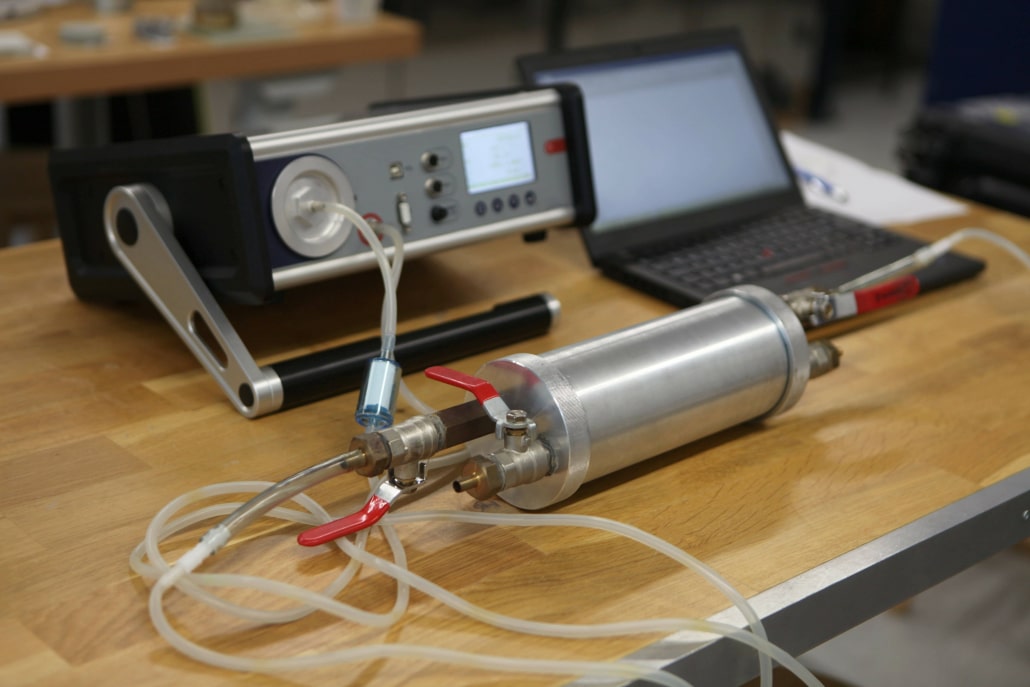
When Do I Call A Professional
Although you can purchase a home testing kit for radon, it is imperative that you hire a professional. Contacting your local home inspection team to conduct a radon mitigation inspection is key. Making sure that your health and safety are covered in every way possible should be the priority. Do not skimp on radon testing just because you feel that it is a do-it-yourself project. You might miss something important that could potentially save your life or increase your quality of life. Definitely focus on calling a professional to come out and test your home for radon gas.
Conclusion
Getting a radon inspection done is a great idea. Not only is it important for the selling of your home, but it also can save your life. Knowing and understanding what is brewing in and under your home is something that you should want to be aware of. Something so deadly as an odorless and tasteless gas should be tested on a regular basis.
Prior to purchasing a home or after the completion of a renovation, you should hire your local home inspection team to conduct a radon mitigation inspection. They might be able to offer you some advice on a radon mitigation system of installation. At the very least, they can provide you with the current levels of radon in your home. Heartland Inspections services are happy to conduct a home inspection or radon inspection in the great Minneapolis-St. Paul and surrounding areas



